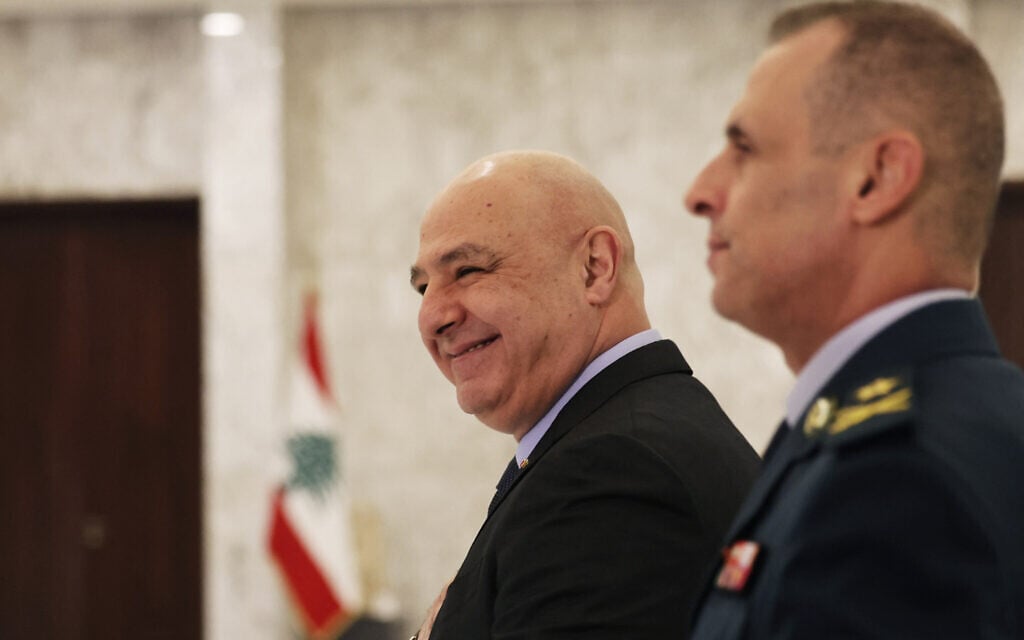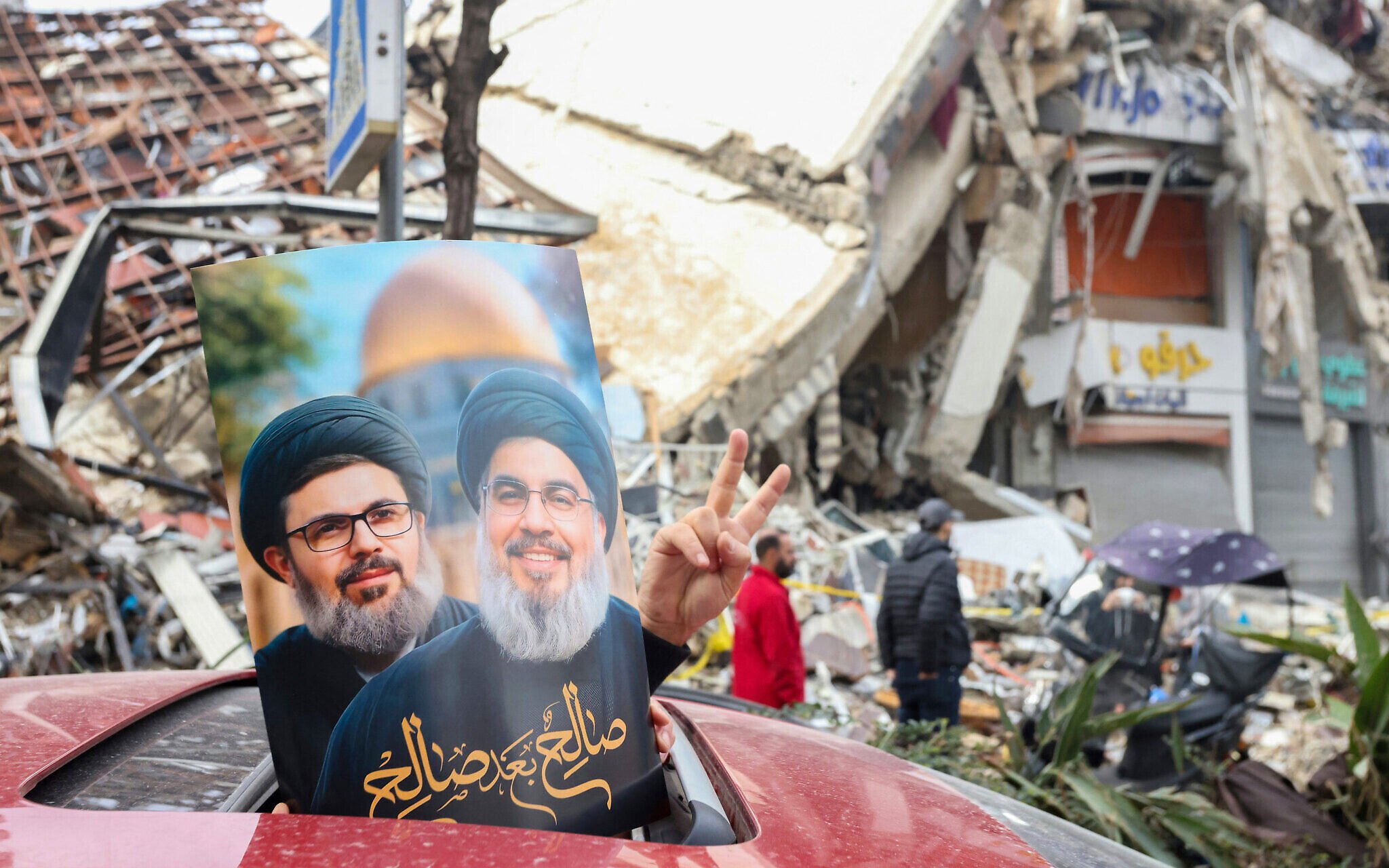- Joined
- Mar 11, 2013
- Messages
- 13,459
- Points
- 113

The weakening of Hezbollah in last year’s war with Israel allowed Lebanon’s long-deadlocked parliament to reach a consensus around a president who has the confidence of the international community.
Lebanese Armed Forces chief Joseph Aoun, who was elected on Thursday — ending a more than two-year vacancy — signaled a readjustment of Lebanon’s foreign policy as the country works with international creditors to forge a way out of six years of deepening financial crisis.
Deadlock in parliament between pro- and anti-Hezbollah blocs had stalemated a dozen previous attempts to elect a president, leaving the country largely rudderless in its efforts to secure an emergency bailout.
But two months of full-fledged war with Israel last autumn dealt heavy blows to the Iran-backed terror group, whose longtime leader Hassan Nasrallah was killed in an Israeli airstrike on Beirut in September.
Hezbollah also lost a strategic ally last month when Islamist-led rebels ousted longtime Syrian ruler Bashar al-Assad, another fixture of Iran’s “Axis of Resistance” network of regional proxies bent on Israel’s destruction.
Hezbollah’s “political defeat follows its devastating military defeat,” said Hilal Khashan, professor of political science at the American University of Beirut.
Lina Khatib, of Britain’s Chatham House think tank, said it was “the first time since the end of the Lebanese civil war [in 1990] that a Lebanese president is elected without prior approval by Iran and by the ousted Syrian regime.”
“Hezbollah’s acceptance of Aoun’s election underlines that it no longer dictates the political agenda,” she told AFP.
“The significant shift in the political status quo… is the direct result of the larger geopolitical changes in the Middle East in which Iran’s influence in the region is ending.”

A driver holds up portraits of Hezbollah’s slain leaders Hassan Nasrallah and Hashem Safieddine as people return to Beirut’s southern suburbs on November 27, 2024, after a ceasefire between Israel and Hezbollah took effect. (Ibrahim Amro/ AFP)
Foreign backing
The United States, France, Qatar, Saudi Arabia and Egypt had all lobbied heavily for Aoun’s election.
“The role of the quintet was decisive, particularly the last-minute support of Saudi Arabia,” a French diplomatic source told AFP on condition of anonymity.
The kingdom had appeared to lose interest in Lebanon in recent years as the influence of Hezbollah and its benefactor Iran grew.
In a possible nod to his backers, Aoun in his inaugural speech Thursday committed to “a policy of positive neutrality” and better relations with Arab countries.
He also pledged a state monopoly on bearing arms. The comment signaled difficult discussions on disarming Hezbollah, which kept its weapons after Lebanon’s civil war ended in 1990 to fight Israel’s occupation of southern Lebanon.
